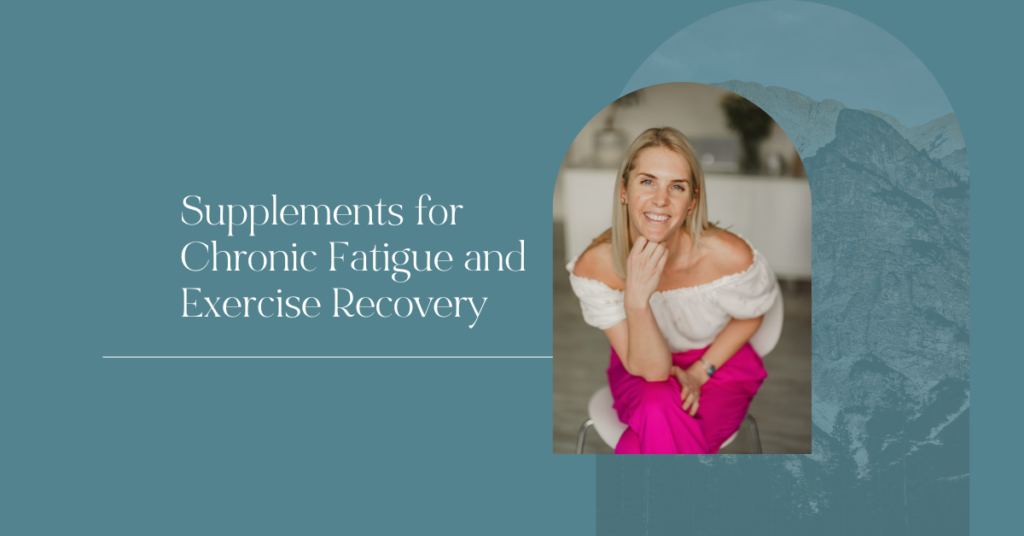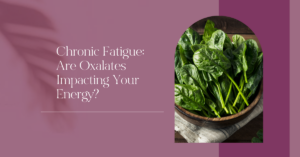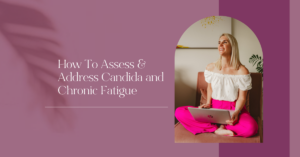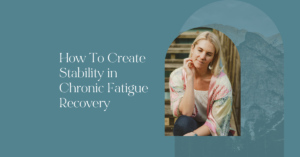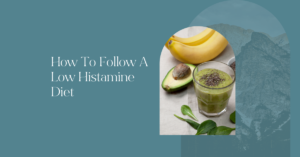Can supplements help with exercise tolerance and recovery in Chronic Fatigue? Exercise is always ticky to navigate when you have chronic fatigue. Movement creates many physiological and biochemcial changes in the body and therefore, having some form of movement routine – however big or small – is an essential part of the fatigue recovery journey. This blog will focus on supplements that can support your movement / exercise recovery. But remember, supplements cannot compensate for doing too much and poor pacing.
Therefore, if you haven’t already read my previous blogs on “How To Exercise If You have Chronic Fatigue” and “How To Increase Exercise Tolerance with Chronic Fatigue“, this would be a good place to start to help you build some stable movement foundations.
We build capacity and stress tolerance by challenging the body and then giving it what it needs to recover. Better recovery means that you can do more across the week which increases your ability to build fitness, strength and stamina.
Here are the top six supplements to support your workouts so that you can recover better, get more work done and recover your health and fitness.
1. Glutathione
Glutathione is my top picks as the best supplement for chronic fatigue generally and for anyone who is struggling with exercise tolerance and building capacity. If you are able to exercise and crash later, a contributing factor can be the need for antioxidants.
When we make energy, we also make free radicals. A healthy system with adequate antioxidants can cope with the increased free radical production from exercise. But, a system will low antioxidants may not be able to cope.
Free radicals uncouple the mitochondrial which means that they cannot generate ATP (energy) along the electron transport chain. Then, to add insult to injury, the uncoupled mitochindria generate more oxidative stress!
Obviously we have to do the work to stay within our cognitive or physical zone of tolerance. But, we can use glutathione, one of the body’s most powerful antioxidants, to counterbalance the natural generation of free radicals and prevent mitochondria uncoupling.
Glutathione often tests low in my clients with chronic fatigue. Due to its large role in countering increases in lipid peroxidation which occurs during oxidative stress, especially during intense exercise, the response of glutathione has been frequently studied.
Supplement Dosage
Take 500mg before exercise. This is my favourite product and this is cheaper alternative.
Bonus tip
Glutathione is probably one of the more pricey products on the list but if you experience benefits when taking it, it will be worth it! If you just cannot afford glutathione a cheaper option is to take N-Acetyl-Cysteine (NAC) which helps to recycle glutathione that your body is already making.
Test Results
You may find some clues in your bloodwork or urine testing that suggest the need for glutathione
- Increased 8-OH-DG
- Increased Lipid Peroxides
- Low or High GGT
- Low or High Homocysteine
2. Antioxidants (Curcumin, Quercitin and Resveratrol)
The way that exercise works is to create damage or challenge to the body and a healthy body will repair, adapt and become fitter and stronger. People with chronic fatigue may become overwhelmed by the inflammation that is created with exercise and therefore, antioxidants taken post-exertionally, may have a positive impact on exercise recovery and post-exertional malaise.
Antioxidants which support the body’s endogenous antioxidant “machinery” may be favourable, in this case, plant based antioxidants such as curcumin, quercetin and resveratrol. My favourite being curcumin.
Do you need to take plant-based anti-oxidants if you are already supplementing with glutathione? My answer would be, if you can afford it, yes! The plant-based compounds have multiple different benefits in the body, especially where neuroinflammation and brain health are concerned.
When I used to exercise, my body would have plenty of energy to exercise but afterwards I would get cognitive symptoms such as brain fog. I suspect that the systemic inflammatory load of exercise was too great for my body and it was hitting me in my weak spot, my brain.
I personally take glutathione and curcumin every day and, given my own experience with brain fog and fatigue, I will probably take these for the rest of my life.
Supplement Dosage
1000mg of curcumin (95% curcuminoids) after exercise. This is my favourite product.
Ribose
D-Ribose is another favourite as it can be a quick win for clients. I have observed in practise that some people really notice the difference when they take D-Ribose and others less so. Because it is relatively cheap to at least try, it is worth giving it a go incase you are the former.
One of my clients, Jane, started using D-Ribose she noticed an increase in energy and she was finally able to start resistance training consistently.
D-Ribose is a naturally occurring sugar that is found in all cells, particularly in the mitochondria, the energy factories of the cell. It is essential for energy / ATP production.
Supplementing with D-Ribose may support ATP production and research has shown it to be beneficial in Chronic Fatigue Syndrome, Fibromyalgia, Myocardial Dysfunction and Athletic Performance (for reducing cramping, pain, soreness and stiffness).
A study 203 participants supplemented with D-ribose for 3 weeks and the following results were documented, using a Visual Analog Scale (1-7 points);
- ↑energy 66%
- ↑wellbeing 37%
- ↑sleep 29.3%
- ↑mental clarity 30%
- ↓ pain 15.6%
Supplement Dosage
Supplement with 5g of D-Ribose 3 times per day and take one dose of 5g before you exercise or workout.
Creatine
Creatine is one of the most well documented ergogenic aids in the sporting world with plenty of evidence that it supports muscle strength, size and performance. An often unknown fact is that creatine may also be beneficial for brain health; specifically for cognitive processing, brain function and recovery from trauma.
Creatine is part of the ATP-PC energy system, which is our short term and most accessible energy system that dominates in short intense bouts of activity (1-30 seconds).
But the ATP-PC system also bridges the gap to our sugar burning intermediate energy system (glycolysis) which means that in reality we are constantly recycling energy via the ATP-PC system. This is how creatine can support energy availability during exercise (but for those recovering from chronic fatigue conditions, I would personally add, life!).
Creatine supplementation may have a positive impact on brain energy, increasing its production and usage specifically in the frontal lobe which controls mood, cognition, memory, and emotion. As creatine energises the frontal lobe, there is decreased activity in the amygdala, the fear centre of the brain.
Supplement Dosage:
Loading Dose: Take 5g, 4x daily approximately 4-5 hours apart for 5 days
Maintenance Dose: Take 5g per day, post workout if exercising
Branch Chain Amino Acids (BCAA)
BCAAs refers to a group of 3 amino acids; leucine, isoleucine and valine. These amino acids may mitigate muscle soreness caused by muscle damaging exercise.
Additionally, branch chain amino acids compete with another amino acid, tryptophan, when crossing the blood brain barrier. This can reduce tryptophan uptake by the brain which can reduce physical and mental fatigue during exercise.
Protein intake is generally important for maintaining muscle mass, metabolic health and immune function. Many of my clients under-eat when it comes to protein and therefore, taking a BCAA supplement is one small way that protein intake can be increased.
Supplement Dosage
1g per 10kg body weight taken before or during exercise. Therefore, if you weigh 70kg you may supplement with 7g before or during exercise. I would often mix the BCAA, which often don’t taste that great, with electrolytes (see below).
Electrolytes
Electrolytes include sodium, potassium, magnesium, phosphorous and calcium. They are called electrolytes because they carry electrical charges between cells. In other words, these minerals facilitate neural communication throughout the body, especially the brain.
The quality of the communication between brain cells is partially reliant on electrolytes, especially sodium and potassium. When electrolytes are deficient, communication is compromised.
Electrolytes may be lost in sweat with exercise and low levels may be associated with extra cardiovascular strain and fatigue. Electrolytes also regulate fluid balance, or the amount of water inside and outside your cells and blood volume, and this supports oxygen transport around the body, including oxygen to the brain.
You will likely need more electrolytes if:
- You follow a low carb diet
- Your diet is mostly whole and unprocessed foods
- You don’t salt your food
- You sweat a lot due to weather, sauna or exercise.
Supplement Dosage
Unless you have high blood pressure, opt for brands which have a high sodium content like LMNT. Here in the UK I have found this brand which works well for me – I mix 1-1/2 scoop with creatine and BCAA to have before / after workouts.

